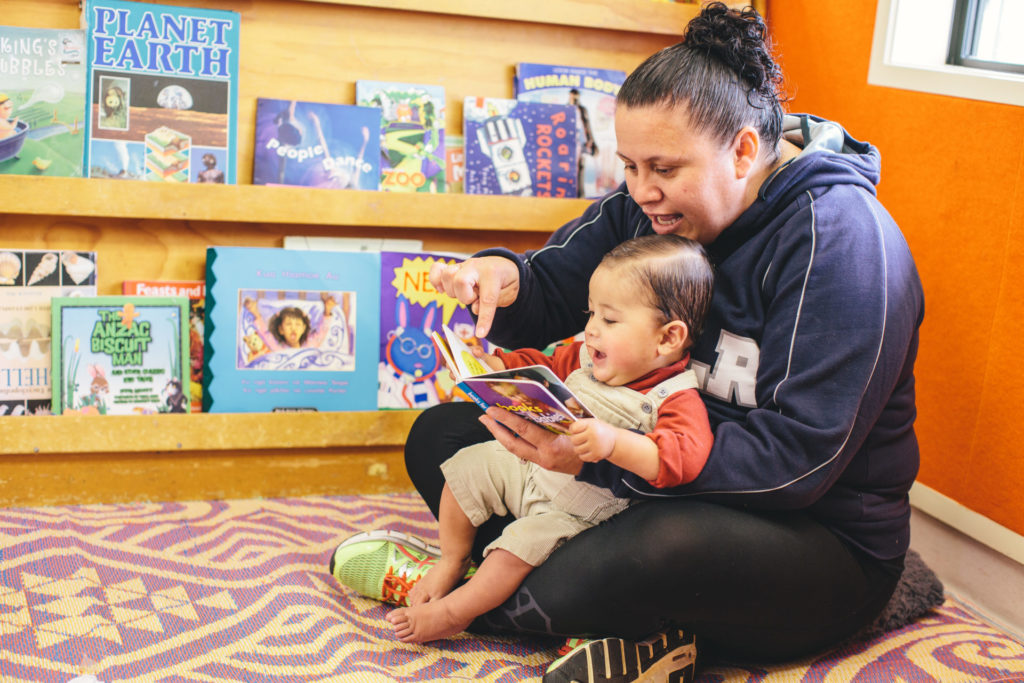This week we’re putting the spotlight on a few of the organisations and initiatives WCT has funded recently. In this unpredictable time we are taking a strong equity focus with our funding and are prioritising those organisations supporting whānau and community wellbeing, particularly those most impacted by direct and indirect consequences of COVID-19.
Orongomai Marae

As a result of the COVID-19 restrictions back in March/April, Orongomai Marae became aware of an emerging increased need within their community requiring marae staff to reset and re-think. A ‘Kai bank’ was scaled up and Orongomai Marae told us that the WCT funding helped them to “bulk buy products and re-package, to provide support and assistance to those that were unable to access the essential items like food, medical prescriptions, and payment for medical bills etc.” In particular the marae was looking to support people with disabilities and their kaumatua who were identified as being in the higher risk bracket.
“We had to reset and re-think. As soon as we secured funding we were able to bulk buy and re-package”
Linda pahi, Orongomai marae
A key team of eight marae staff was established to:
Key to this support system were the relationships the marae has with other community groups and organisations that were able to facilitate/support with the following:
The Impact of this project has seen food and care packages delivered to more than 300 homes within the community of Upper Hutt and the Hutt Valley, with household numbers ranging from 1 to 11 whanau members.
Wellington Volunteer Centre

Wellington Volunteer Centre has received funding from WCT towards providing its volunteer opportunity programme which supports about 600 people from migrant/refugee backgrounds to engage meaningfully in their communities through volunteering. The programme also supports the capability/capacity of organisations who work with these groups – about 360 member organisations – including:
Some of these training opportunities have been delivered online and the Volunteer Connect programme has been redeveloped to include a buddy system for new migrants, and voluntary childcare at the participating organisations.
Weekly attendance at Regional Settlement Network meetings have revealed the increased feeling of trauma, marginalisation, loneliness, anxiety, depression, and increased financial stress that COVID-19 is having on migrant/refugee background communities.
Research has proven that participating in volunteering activities is especially beneficial for people experiencing mental health distress, and/or suffering from loneliness and isolation caused by physical illnesses, unemployment, or other social issues. COVID-19 has amplified the need for connection amongst people – particularly those from a migrant/refugee background.
“Volunteering was the most important way I could find to integrate into my new community.”
VOLUNTEER
Volunteers with migrant/refugee backgrounds who have engaged in Volunteer Wellington’s services, have found this to be an important and positive way to connect/integrate and combat mental health distress.
“Volunteering helped me build confidence and gain more practical skills. Above everything, contributing to the community gave me a sense of belonging and fulfilment that I missed when I was new to NZ. Even though I now work full time, I still look for opportunities to volunteer whenever I can because of this positive impact in my life.”
VOLUNTEER